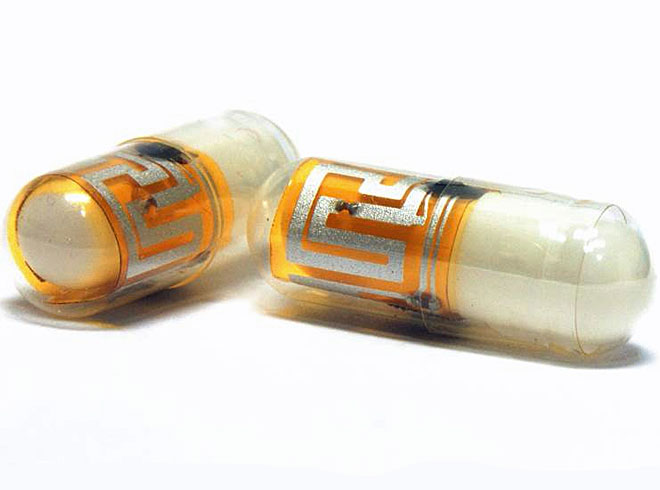
The pills are equipped with sensors powered by stomach acid
By Rachel Becker, THE VERGE
The latest weapon in the fight against opioid addiction may be sensors in prescription opioids that alert physicians whenever their patients pop a pill.
These digital pills aren’t on the market yet, but a small test run shows that they can help doctors monitor how patients use prescription painkillers at home.
SENSORS ALERT PHYSICIANS WHENEVER THEIR PATIENTS POP A PILL
“ONE OF THE MOST DANGEROUS MEDICINES WE HAVE.”
Chai wanted to know if there was a way to spot problematic drug use as the behavior emerges.
If someone suddenly starts taking their prescribed painkillers more frequently, for example, it could mean they’re suffering from a painful complication.
Or it could mean they’re growing tolerant to the drug, and could begin misusing it.

“Those are two different conversations,” Chai says — and they’re ones that are only possible if a doctor can track their patients’ pill use.
That’s where the digital pills come in.
Made by a Florida-based company called eTectRx, they’re gel capsules that contain both the drug and a radio transmitter “about the size of a sesame seed,” Chai says.
(They’re a little different from the digital versions of antipsychotic Abilify, which the Food and Drug Administration just approved.)
Once the pill hits the patient’s stomach, the gel cap dissolves — releasing both the oxycodone tablet and the transmitter.
The transmitter powers up when it touches stomach acid, and signals to an iPod-sized device via a patch stuck to the patient’s belly.
This device then beams a message to a database in the cloud, telling the doctor that the patient has swallowed a pill. (Patients need to put on the device when they take the pill in order for it to register.)

Eventually, the patient poops out the tiny transmitter. Chai says he does not want the transmitters back.
The researchers also spotted an alarming trend: people were taking painkillers right before going to sleep to pre-empt waking up with pain.
But Chai says this could lead to dangerous drops in breathing for some people — and it’s a practice they might not have identified without the digital pills.
It’s still early, but Chai says that the next round of studies will use an even more sophisticated version of these digital pill detectors.
“We’re playing with the 1990s iPod. We have the iPhone X now,” Chai says.
Of course, the patients will still actually have to wear the device — when they forgot, their doctors were left just as in the dark as before.
Original post https://www.theverge.com/2017/11/20/16683272/digital-pills-opioids-prescription-pain-killers-addiction-overdose-science
Editor’s note: ID-Cap is currently only available for use in IRB-approved clinical research. Not for sale in the US, pending FDA clearance.
**http://etectrx.com/wp-content/uploads/2017/07/JMAR-Dr.-Peter-Chai-article.pdf
(Learn More. Different product but somewhat similar technology, explained. Courtesy of PodReel and YouTube)
















